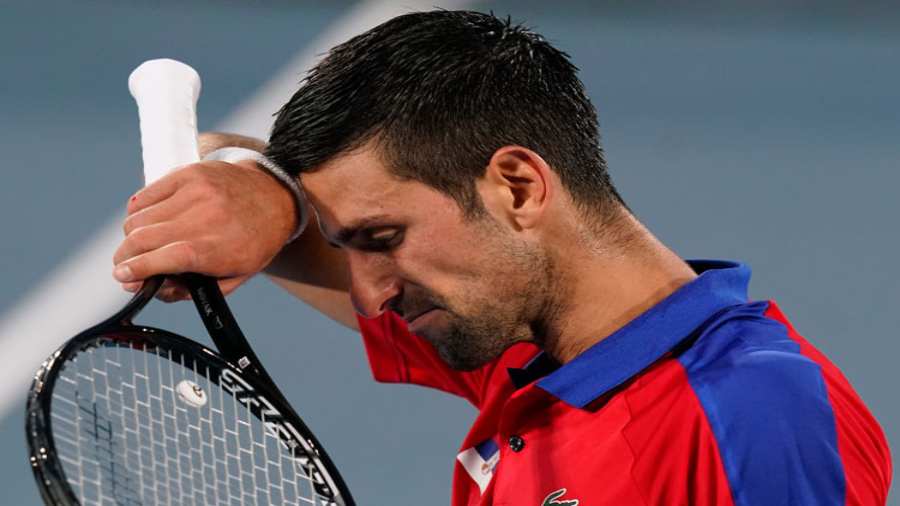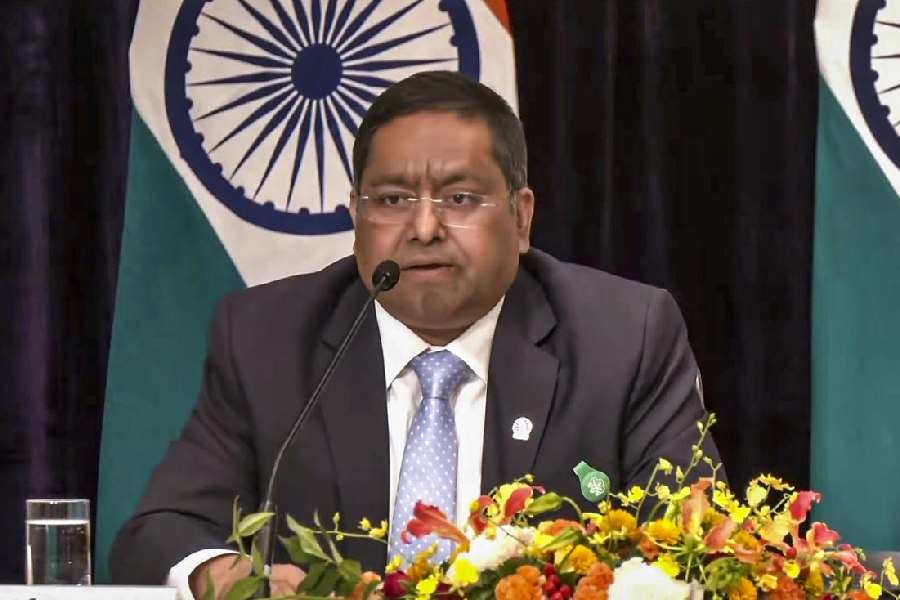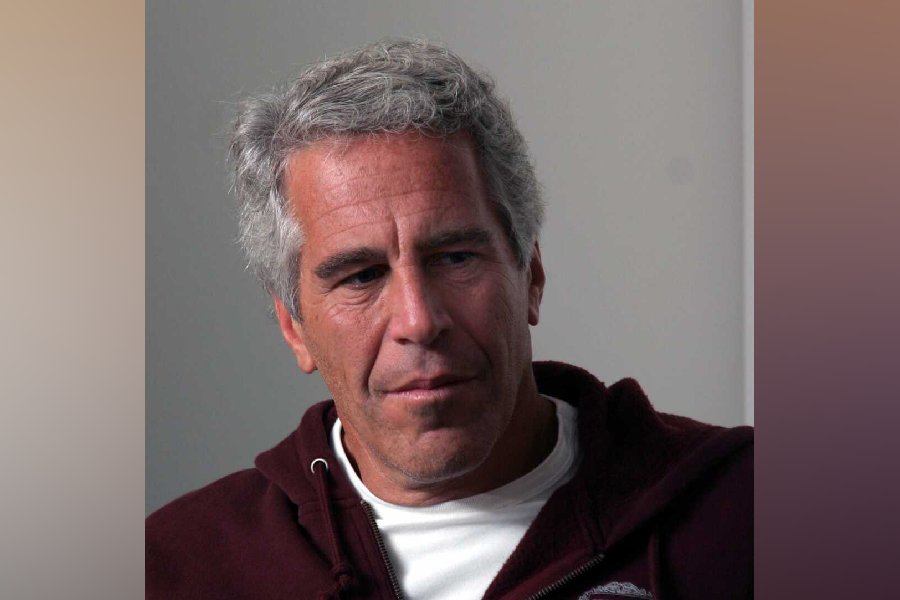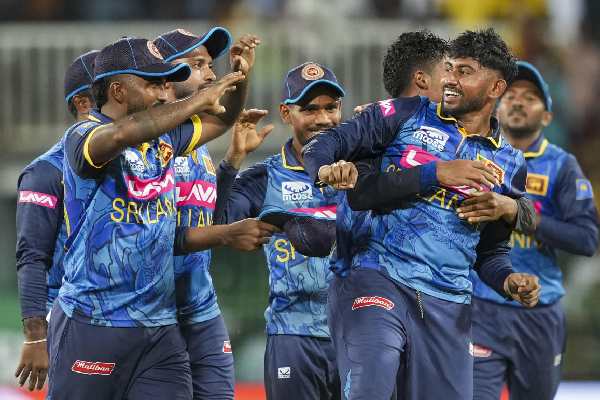Novak Djokovic, the world’s top ranked men’s tennis player, moved one step closer to competing for his record 21st grand slam title after winning a challenge in an Australian court to remain in the country, but the doors could yet be shut after the government said it was considering another move to deport him.
The judge, Anthony Kelly, found that Djokovic had been treated unfairly after his arrival at a Melbourne airport late last Wednesday for the Australian Open, where he had been cleared to play with a vaccination exemption. After detaining Djokovic, 34, the border authorities promised to let him speak with tournament organisers and his lawyers early on Thursday morning, only to cancel his visa before he was given a chance.
“The point I’m somewhat agitated about is, what more could this man have done?” Kelly said.
Kelly’s ruling did not directly address the issue of whether the exemption on the grounds of an infection in the past six months was valid, which the government had disputed.
On multiple occasions, Djokovic, who was kept in detention at a Melbourne hotel meant for asylum-seekers, has stated his opposition to vaccine mandates, saying that vaccination is a private and personal decision. His initial approval for arrival in Australia was based on what his lawyers said was an infection he suffered in mid-December, which led to his vaccination exemption.
Restoring the visa does not, however, guarantee that Djokovic will be able to vie for his 10th Australian Open title when the tournament begins next Monday. In court, the government’s lawyers warned that the immigration minister, Alex Hawke, could still cancel his visa, which would lead to an automatic three-year ban.
Hawke said in a statement that he was still considering using his wide powers to re-detain the Serbian star and would make a decision on Tuesday.
“Following today’s (Monday’s) Federal Circuit and Family Court determination on a procedural ground, it remains within immigration minister Hawke’s discretion to consider cancelling Mr Djokovic’s visa under his personal power of cancellation within section 133C(3) of the Migration Act.
“The minister is currently considering the matter and the process remains ongoing.”
If Hawke uses the power, Djokovic could contest the cancellation. However, the power is extremely broad and discretionary, and it would be more difficult to argue against it. If it is used, Djokovic could be banned from re-entering Australia for three years.
Djokovic has won many times on the tennis court but the victory on Monday was unlike anything he had ever experienced. Instead of a rival attempting to snuff out his shot at a championship, it was an overnight crew of border officials, supported by an election-bound Australian Prime Minister Scott Morrison attempting to enforce the will of millions of citizens who generally loathe “queue jumpers” trying to skirt the rules in a country with some of the world’s strictest border enforcement policies.
In the court on Monday, Kelly, the no-nonsense judge overseeing Djokovic’s appeal, sounded sympathetic from the start of the hearing. At one point, he scrutinised a transcript of the tennis player’s interaction with border officials at the airport, pointing out that he was “incommunicado” from 4am, when he complied with an order to turn off his cellphone.
The judge noted that Djokovic’s visa application had included the medical exemption from a physician, supported by an independent panel convened by the state government in Victoria, which includes Melbourne.
The federal government’s lawyers countered at the hearing that Djokovic could be denied entry if he presented a risk to public health. No visitors to Australia are guaranteed admittance upon arrival, and all are subject to further checks at the border, the government argued in court filings, adding that past Covid-19 infections were no longer a valid reason to defer immunisation against the virus.
The judge ordered that Djokovic be released from detention “within 30 minutes” of the order and that his legal costs be borne by the government.
(Written with inputs from NYTNS and agencies)










